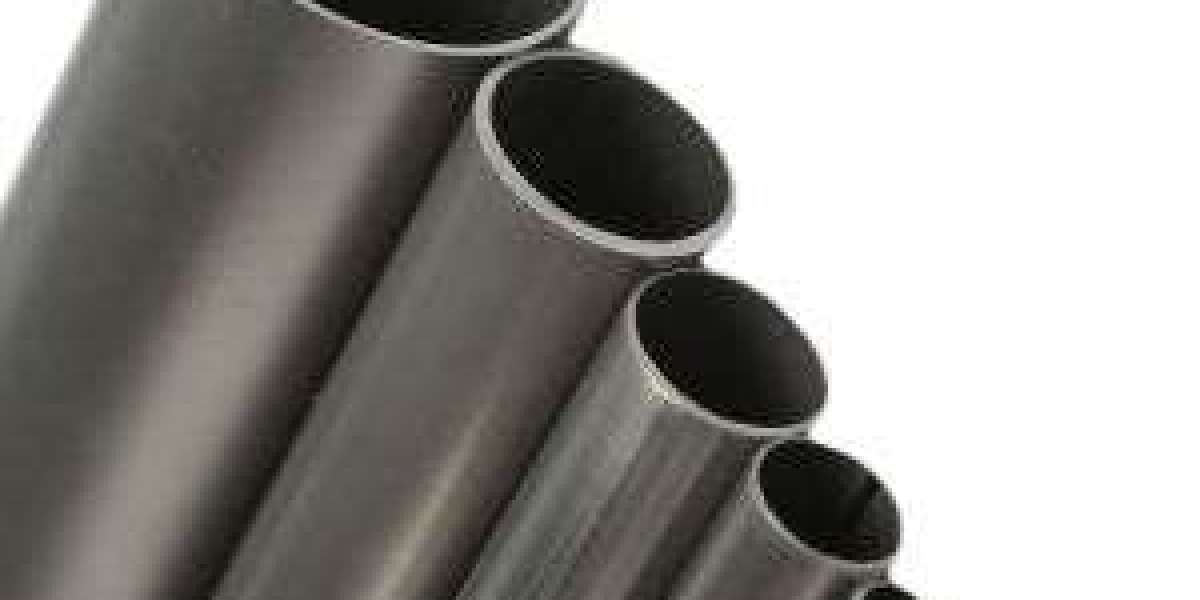Titanium pipes are increasingly popular in various industries due to their unique properties and performance benefits. Titanium pipes are Known for their strength, durability, and corrosion resistance, and they are ideal for demanding applications. However, like any material, they have both advantages and disadvantages. This blog will explore the benefits and drawbacks of using Titanium pipes, highlighting why they are a favoured choice in many sectors.
Advantages of Titanium Pipes
Superior Corrosion Resistance
Titanium pipes are highly resistant to corrosion, even in harsh environments. This makes them ideal for use in industries like marine, chemical processing, and oil and gas, where exposure to corrosive substances is common. Titanium does not rust or corrode easily, unlike other metals, ensuring long-lasting performance.
High Strength-to-Weight Ratio
One of the most significant advantages of Titanium pipes is their exceptional strength-to-weight ratio. Titanium is as strong as steel but much lighter, making it perfect for applications where weight reduction is crucial, such as in the aerospace and automotive industries. This property allows for the design of lighter, more efficient structures without compromising on strength.
Excellent Temperature Resistance
Titanium pipes maintain their mechanical properties at both high and low temperatures. They can withstand extreme temperatures without losing their structural integrity, making them suitable for applications involving high-temperature processes, such as power generation and chemical manufacturing.
Biocompatibility
Titanium is biocompatible, which is non-toxic and not harmful to living tissue. This makes Titanium pipes suitable for use in medical and dental applications, such as implants and surgical instruments. Their biocompatibility ensures that they do not cause adverse reactions when used in the human body.
Longevity and Durability
The combination of high strength, corrosion resistance, and temperature stability ensures that Titanium pipes have a long service life. They require minimal maintenance, reducing the overall cost of ownership and ensuring reliable performance over extended periods.
Disadvantages of Titanium Pipes
High Cost
One of the primary disadvantages of Titanium pipes is their high cost. Titanium is more expensive than many other metals, which can make the initial investment substantial. This can be a limiting factor for industries or projects with tight budget constraints.
Difficult Machining and Fabrication
Titanium is notoriously difficult to machine and fabricate due to its hardness and strength. Special tools and techniques are required to work with Titanium pipes which can increase manufacturing time and costs. This can be a disadvantage in projects that require extensive customization or rapid production.
Limited Availability
While the demand for Titanium pipes is growing, their availability can be limited compared to more common metals like steel and aluminium. This can lead to longer lead times and potential supply chain challenges, especially for large-scale projects or urgent requirements.
Brittleness at Low Temperatures
Despite its excellent overall temperature resistance, Titanium pipes can become brittle at extremely low temperatures. This brittleness can lead to cracking or failure under certain conditions, making it less suitable for some cryogenic applications.
Conclusion
Titanium pipes offer numerous advantages, including superior corrosion resistance, high strength-to-weight ratio, excellent temperature resistance, biocompatibility, and long service life. These benefits make them ideal for a wide range of demanding applications in various industries. However, the high cost, difficult machining and fabrication, limited availability, and brittleness at low temperatures are notable disadvantages that need to be considered.
When choosing materials for piping systems, it's essential to weigh these advantages and disadvantages carefully. Understanding the specific requirements and constraints of your application will help you determine whether Titanium pipes are the right choice for your needs. Despite their drawbacks, the unique properties of Titanium pipes often make them a worthwhile investment for applications where performance, durability, and reliability are paramount. They are increasingly popular in various industries due to their unique properties and performance benefits. Known for their strength, durability, and resistance to corrosion, Titanium pipes are ideal for demanding applications. However, like any material, they have both advantages and disadvantages. This blog will explore the benefits and drawbacks of using Titanium pipes, highlighting why they are a favoured choice in many sectors.








